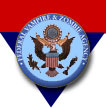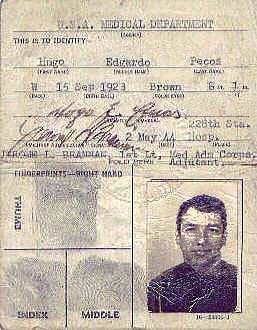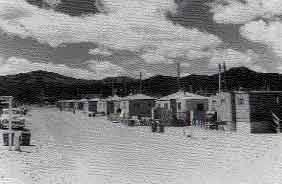

Famous Cases | Historical Tales | Vampires | Zombies
 |  |
Famous Cases | Historical Tales | Vampires | Zombies |
The owner blamed my family for what happened and threw us off the plantation. Though we quickly joined up with another tobacco farm, my grieving father could barely rouse himself for a day's work. When he collapsed the next summer in a field of strawberries, the coroner listed the cause of death as a heart attack, but I know he died of a broken heart.
 |
| My WW II Medic ID |
Plans to attend medical school were derailed, however, when I was drafted into service in World War II. My interest in medicine compelled me to enlist as a medic, and after some brief training in New Jersey, I shipped out to England with the 31st Infantry Division on October 31, 1944. After a month of additional training in England, we crossed the English Channel on a bitterly cold, blustery day and arrived in France to help the Allied push east into Germany.
 |
| Zozobra Project housing was rustic at best |
The Zozobra Project was an attempt to bring an end to several millenia of vampire activity by developing a vaccine for the virus. Mindful of what happened to my brother, I signed on, and a day later, in an atmosphere of stonefaced secrecy, I was flown to the air force base in Albuquerque and then escorted into the back of a van with no windows. Some time later, I arrived in what could have passed for a summer camp, with trees and cabins, except for all the scientists milling about.
The scientists of the Zozobra Project were a true "dream team." Men I had read about in books were now sitting across from me in the lunchroom. As one of the younger scientists, I felt like I was in over my head. But there was no time for anxiety, as reports of vampire outbreaks were reaching us almost every day.



